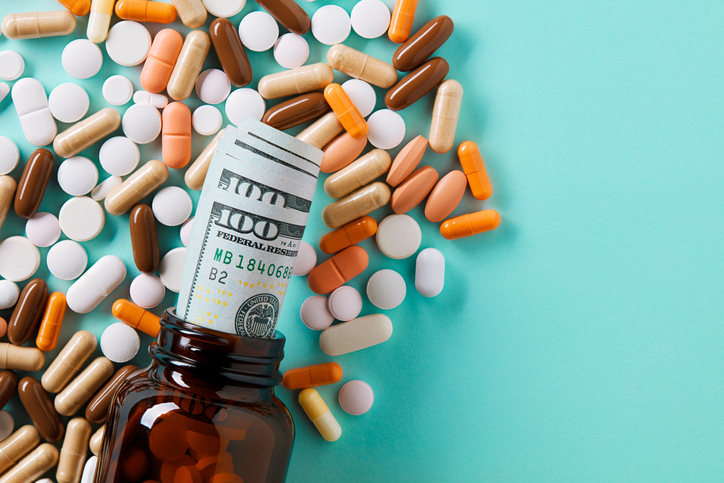Treatments
Health Care Fraud & Scams

Americans are often bombarded with advertisements for products that claim to cause weight loss, improve memory loss, cure cancer, etc. However, if a product claim sounds too good to be true, it is most likely a scam. At best, these products are a waste of money; at worst, they can cause serious injury or even death.
The U.S. Food and Drug Administration (FDA) requires that a new medication, medical device or other health product has scientific proof that it is both safe and effective for the treatment of a medical condition. All other products that make medical claims are fraudulent and illegal.
However, companies can still market and sell a product until the FDA discovers the product, proves that the product is unsafe and removes it from the market. Before this happens, the company can profit from individuals who do not experience the promised results and may experience negative side effects. Depending on the product, interactions with medications may also occur.
Scam warning signs
When considering an advertisement or product, beware of these common phrases that are often associated with health fraud scams:
- “Quick fix”
- “Miracle cure”
- “Scientific breakthrough”
- “Secret ingredient”
- “Ancient remedy”
- “All natural”
Also, beware of personal testimonials, success stories, or endorsements from health care professionals. They are often false, and the individuals involved are usually compensated by the company selling the product. Testimonials and endorsements are not a substitute for scientific studies.
What to do
Be cautious and suspicious about products that make extreme claims. Consider asking a physician’s opinion about a supplement, medical device or other treatment. Check the FDA’s website for information about specific health fraud scams. Consumers can also report product safety or effectiveness concerns to the FDA.



















